Mortgage
A mortgage is a loan used to purchase a home. The loan is secured by the home, and the borrower makes payments on the loan over time.
A mortgage is an important part of the home buying process because it allows people to buy homes they otherwise may not be able to afford. A mortgage also gives the lender a security interest in the property, which protects them if the borrower stops making payments.
The Two Main Types of Mortgages in Canada
There are several types of mortgages, but the two most common are fixed-rate and adjustable-rate mortgages. Fixed-rate mortgages have an interest rate that remains the same for the life of the loan, which means the borrower’s monthly payments will remain the same.
Adjustable-rate mortgages have an interest rate that can change over time. The monthly payments on an adjustable-rate mortgage may go up or down depending on changes in the interest rate. You can get a mortgage from a bank, credit union, or other lending institution. You will need to submit an application and go through an approval process.
What the Difference Between Amortization Period and Term Means
In order to get a mortgage, you will need to have a good credit score and a steady income. You will also need to have enough money for a down payment.
In Canada, most mortgages have an amortization period longer than the term, which means that you’ll have to negotiate your terms every so often. The top 5 mortgage providers in Canada are the Bank of Montreal, TD Canada Trust, CIBC, RBC, and Scotiabank.
The amortization period is the length of time it would take to pay off your mortgage in full if you made the same payment each month and didn’t make any additional changes to your mortgage. The term period is the length of time that you have agreed to make payments on your mortgage. The main difference between amortization and term periods is that the amortization period is typically longer than the term period.
For example, you may have a mortgage with a 25-year amortization period but a 5-year term. This means that it would take you 25 years to pay off your mortgage if you made the same payment each month, but these terms are secured for 5 years. The terms allows you to switch from a variable rate to a fixed rate. In this example, you could have 5 consecutive 5-year terms, change the rate and the type of loan every 5 years, and complete the 25 year amortization that way.
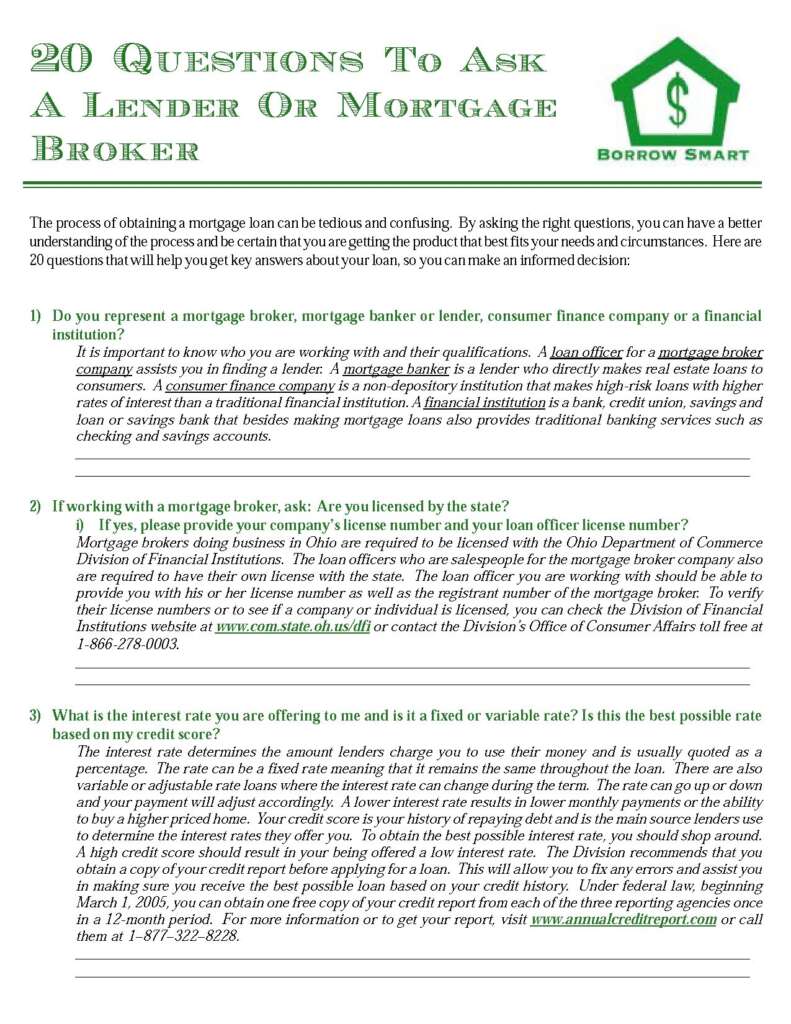
Mortgage Renewals
Mortgage Renewals touches everyday decisions Canadians make with their money. This guide explains the idea in plain language, highlights the trade‑offs, and gives you a simple path to action without jargon. The goal is to upgrade results without adding complexity. You’ll see when this matters, what to turn on or off at your bank or
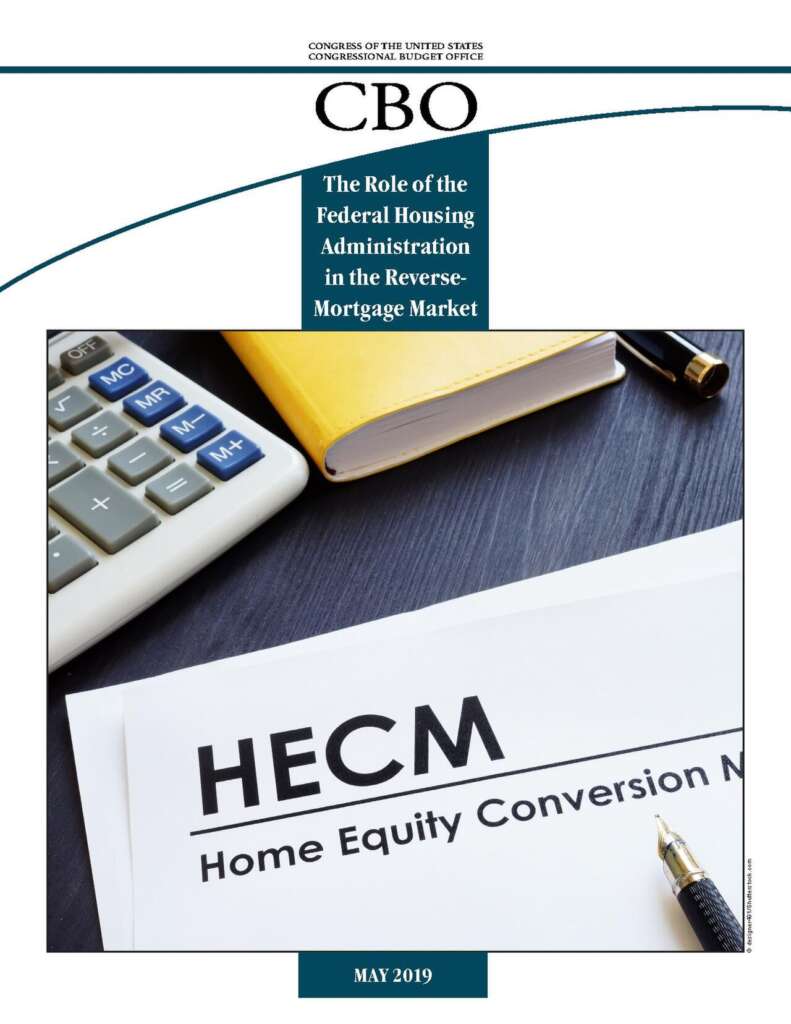
Home Insurance and Mortgage Requirements
Home Insurance and Mortgage Requirements touches everyday decisions Canadians make with their money. This guide explains the idea in plain language, highlights the trade‑offs, and gives you a simple path to action without jargon. The goal is to upgrade results without adding complexity. You’ll see when this matters, what to turn on or off at
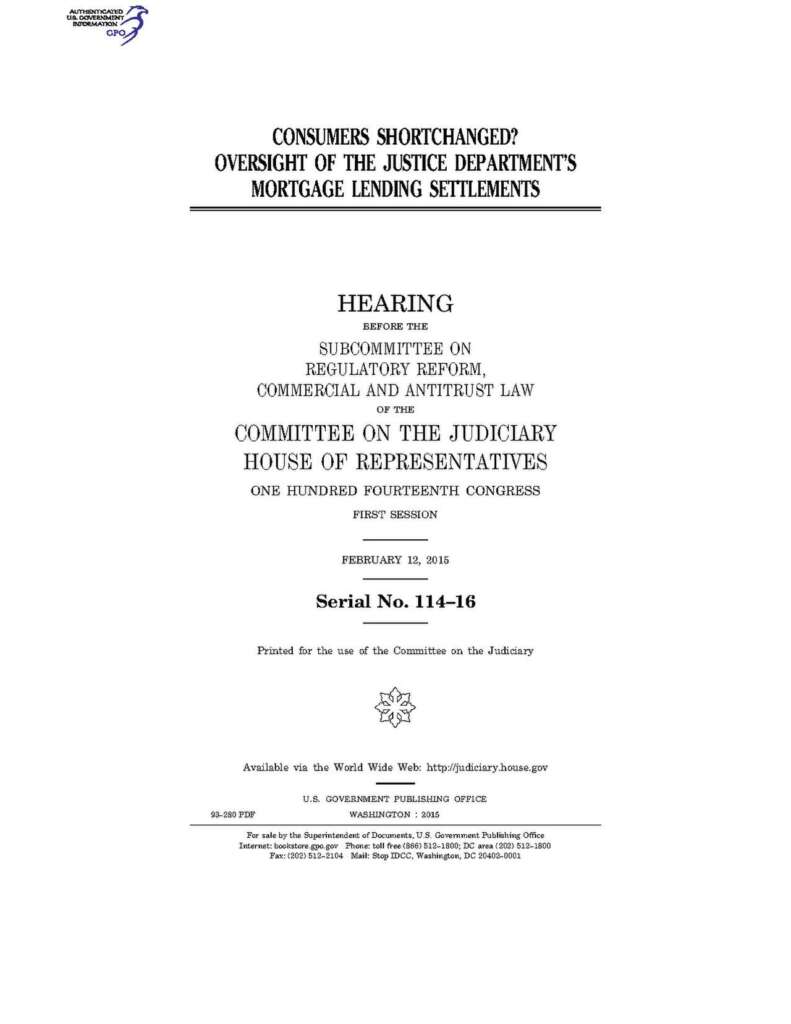
Mortgage Trigger Rates
Mortgage Trigger Rates touches everyday decisions Canadians make with their money. This guide explains the idea in plain language, highlights the trade‑offs, and gives you a simple path to action without jargon. The goal is to upgrade results without adding complexity. You’ll see when this matters, what to turn on or off at your bank
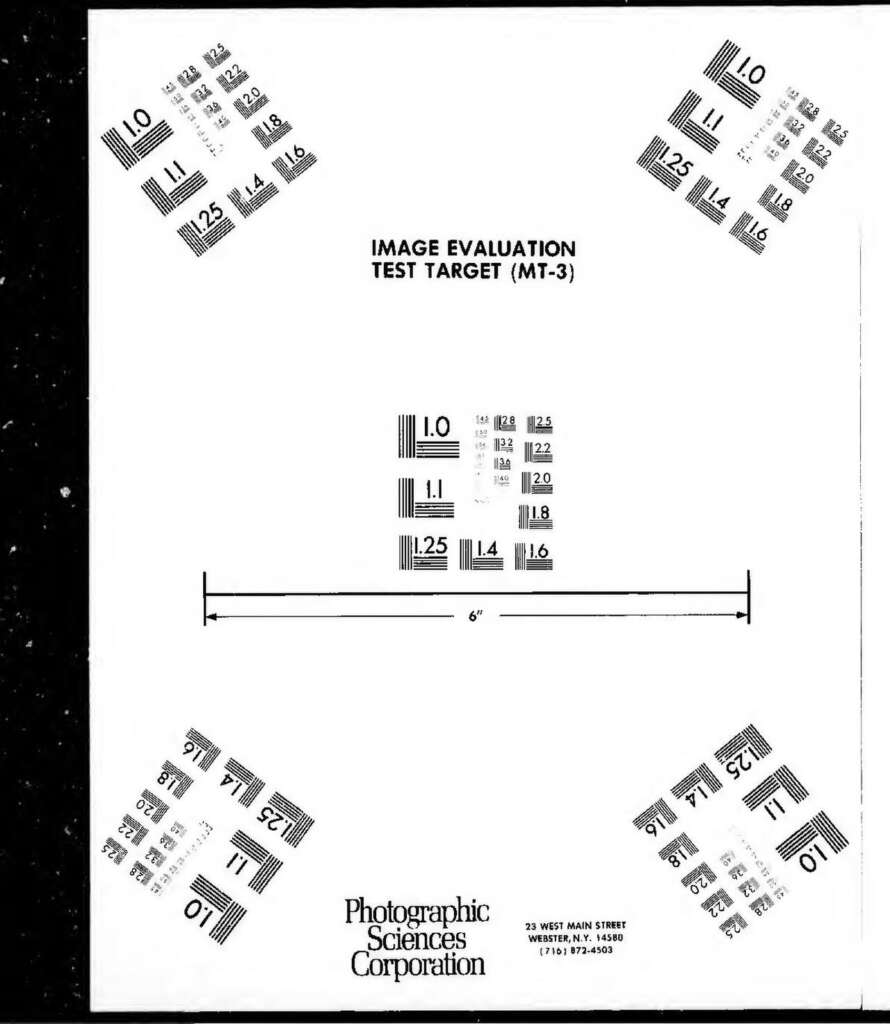
Porting Mortgages
The goal is to upgrade results without adding complexity. You’ll see when this matters, what to turn on or off at your bank or broker, and the small habits that compound over time. Porting Mortgages touches everyday decisions Canadians make with their money. This guide explains the idea in plain language, highlights the trade‑offs, and
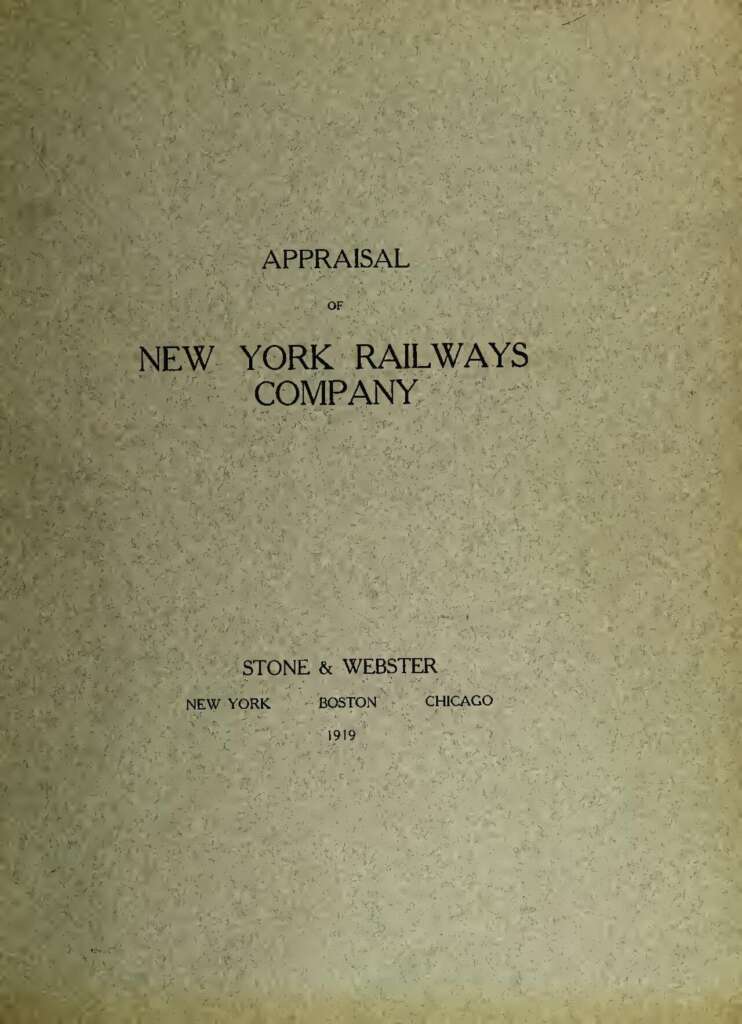
Appraisals and Mortgage Financing
The goal is to upgrade results without adding complexity. You’ll see when this matters, what to turn on or off at your bank or broker, and the small habits that compound over time. Appraisals and Mortgage Financing touches everyday decisions Canadians make with their money. This guide explains the idea in plain language, highlights the

Mortgage Pre‑Approval vs. Pre‑Qualification
The goal is to upgrade results without adding complexity. You’ll see when this matters, what to turn on or off at your bank or broker, and the small habits that compound over time. Mortgage Pre‑Approval vs. Pre‑Qualification touches everyday decisions Canadians make with their money. This guide explains the idea in plain language, highlights the
